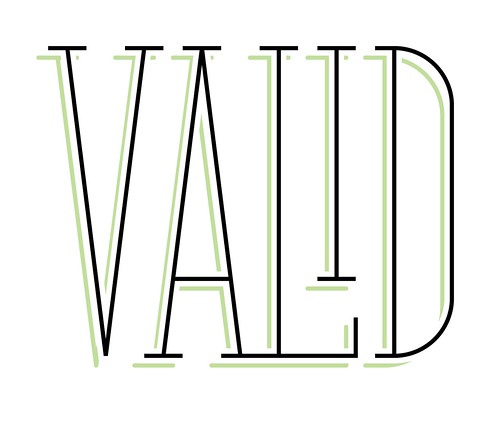 Most mature knowledge Management implementations I know of recognise at least two levels of knowledge, the unvalidated and the validated. This also means that they have a validation mechanism, by which knowledge is promoted from the former state to the latter, and a person or a body who validates.
Most mature knowledge Management implementations I know of recognise at least two levels of knowledge, the unvalidated and the validated. This also means that they have a validation mechanism, by which knowledge is promoted from the former state to the latter, and a person or a body who validates.Unvalidated knowledge is knowledge "under discussion", or the work, views, opinions and observations of a single person. You can find unvalidated knowledge in
- blog posts
- community forum discussion
- tweets
- submitted lessons
- submitted observations
Validated knowledge is knowledge that the company, or a representative person or body within the company, believes at this moment to be either correct, or the closest to correct that we know at the moment. Validated knowledge can be found in
- wikis
- manuals
- Online guidance
- standard operating procedures
- technical practices.
Knowledge can be promoted from one state to another in a number of ways.
- In Caterpillar, discussions among the community members are considered unvalidated. There are no posting restrictions, and anyone can answer question. Validated knowledge is submitted separately as "knowledge entries", on a standard form, and validated by the community member before publication.
- In Shell, people in funded network roles monitor the unvalidated communications in the networks, identify "knowledge nuggets" and move these to a separate area, or onto the Shell Wiki. There is also a degree of community validation applied to the wiki, in that people can identify and correct any mistakes they find.
- Even in the Shell Wiki there is unvalidated and validated content. Suggestions for additions and improvements are made through the discussion pages, and moved to the main wiki page when validated by the page editor.
- In ConocoPhillips, the Network Leaders play a role in both maintaining he community of practice and in managing the wiki, and are the validators for new knowledge.
- in NATO a separate team (joint analysis and lessons learned centre) is accountable for reviewing observations from the field, and determining which of these are valid new knowledge.
The important lesson here is that there is a distinction between validated and unvalidated, with some organisations even posting warnings on community sites, to say that the content should not be treated as company valid knowledge. You may need to think through, for your organisation and as part of your knowledge management framework design, how you separate the two types of knowledge, and what validation process and roles you have.




No comments:
Post a Comment